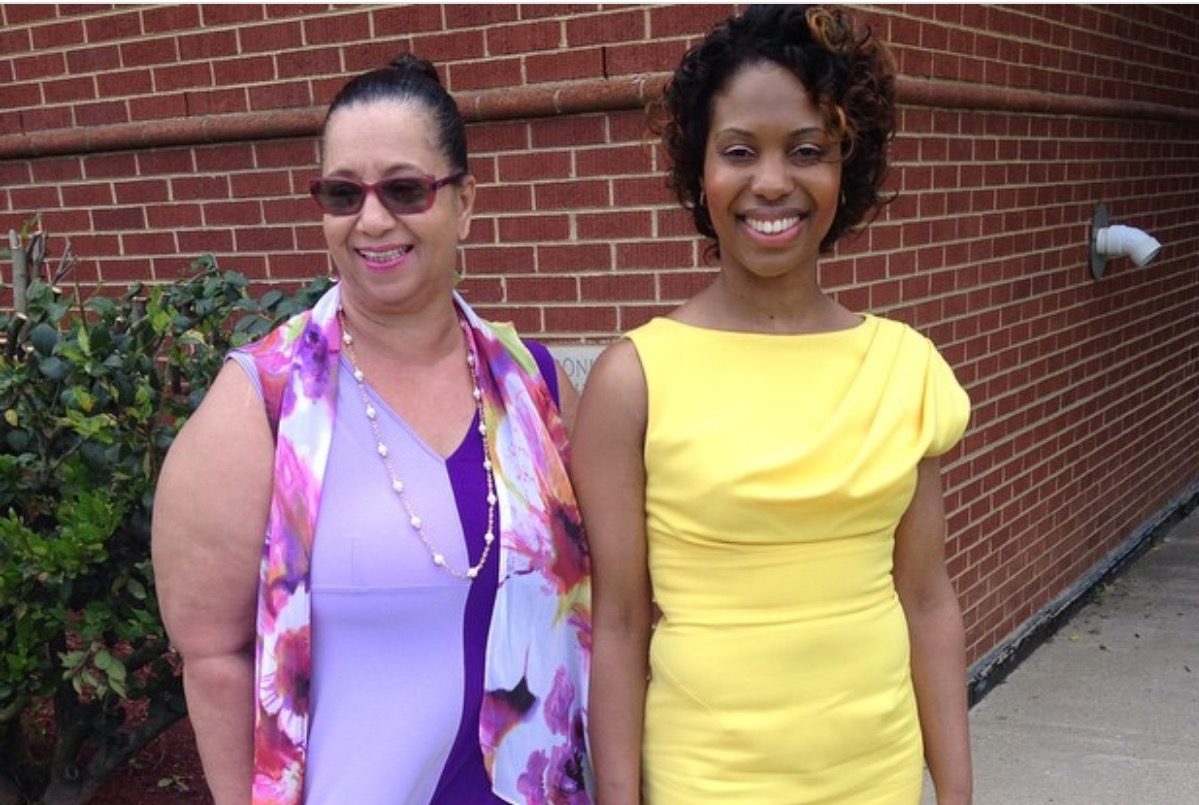A few months ago, we held a Faces of Black Women’s Health casting call and photo shoot. It was an experience I’ll never forget, not just because I got to meet so many beautiful women of all shapes, sizes, ages, and complexions, but because I got to learn who they are as unique individuals. I got to hear their stories. Denielle Green is one of those women. At first glance, you’d never guess she has a chronic autoimmune disease. And that’s the primary reason the 36-year-old wants everyone to know she is living with lupus. Here’s her story.
When did you find out you had lupus?
I found out I had lupus in 2003. I was in my last semester at the University of Maryland College Park.
How did you find out?
Throughout my college years, I had always maintained about three jobs and carried 17-18 credits. I had been working on acquiring dual bachelor’s degrees and a citation. So, that is why my course load was so heavy. By the time I entered my final semester, I didn’t have much left to do academically. So, I decided to take it easy. I only managed 9 credits and decided to resign from my on-campus job. Interestingly enough, this was when I began to experience the symptoms of lupus. Every time I tell people the story, they comment how they would have expected a breakdown when I was managing so many activities, not when I began reducing them. I reasoned that the body may have gone into shock because it had been so accustomed to the hectic schedule.
Were you familiar with lupus before your diagnosis?
Yes. While in the 9th grade, my mom was diagnosed with the illness. I can recall how the doctors were running so many tests because they could not determine what was wrong with her. At one point, we were told that she was terminal. But that was 22 years ago. My mom is here and she is “doing it better than the youngins.” But we all know that not every story has that kind of ending. I was able to guide the doctors towards my diagnosis when it happened simply because of my mom.

Describe one of your toughest days with the illness and how you dealt with it?
My toughest day in this battle was not too long ago. In the Spring of 2010, I nearly experienced kidney failure. The lupus began to affect my kidneys. I required a blood transfusion and developed edema. I had gone from being a size 6 to a size 14 as a result of the fluids in my body and the heavy dose of steroids I was being given. I think that was my lowest point. My second son had not even passed the 1-year-old threshold and I was battling for my life. I dealt with it by coaching myself. I had to say, “Denielle, you are stronger than this! You have to keep fighting! There are two boys that need their mother!” So, I got up every day, made sure I took my medications, began juicing and eating only “healthy” foods, and encouraging myself. I can’t take all the credit because I have a fierce support system! My family is AMAZING! My mother was the most instrumental of all because this was a fight that was familiar to her.
What do you want people to know about living with lupus?
People often look at me and say, “you don’t look like you have lupus.” There are days when it’s hard and I just keep going. You wouldn’t know I was in pain. I want people to know that just because someone doesn’t look a certain way doesn’t mean there’s nothing wrong with them. The old adage “don’t judge a book by its cover” is so befitting.
How can we best support people living with lupus?
I think the best way we can support individuals living with lupus is to become educated about the illness. Lupus is considered “a people of color” disease. 90% of these cases impact women, while 10% impact men. It is a silent killer in our community and it really does surprise me when people say to me that they don’t know what it is. So, for me education is key! Note that along with the education, we should be active. Let’s talk about it! You know, share our experiences and organize to make an impact especially in the realm of research!


